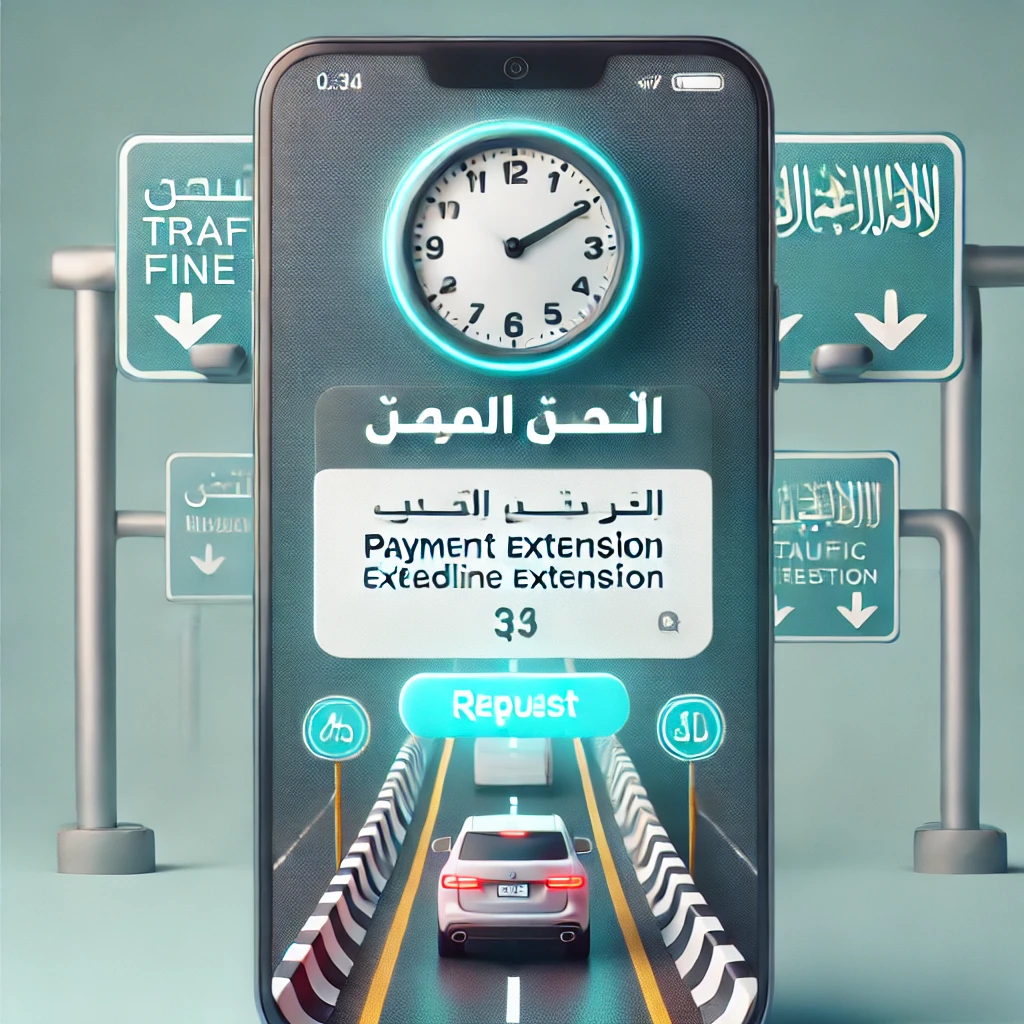In Saudi Arabia, managing traffic violations promptly is crucial to avoid additional penalties. Here’s a comprehensive guide on the timelines and procedures for handling traffic penalty:
Standard Payment Period:
Upon receiving a traffic violation notice, you have 15 days to settle the fine. This period starts from the date the violation is officially registered.
Requesting an Extension:
If you’re unable to pay within the initial 15 days, you can request a grace period of up to 90 days. This extension provides additional time to arrange payment without incurring further penalties.
Consequences of Non-Payment:
Failing to pay the fine within the stipulated time frame can lead to automatic deductions from your bank account. To prevent this, it’s essential to address traffic penalty promptly or seek an extension if necessary.

For latest jobs update visit at www.wgoksa.com
How to Pay Traffic Violation Fines:
Several methods are available to pay traffic penalty in Saudi Arabia:
- Online Banking: Most local banks offer online platforms where you can pay penalty directly.
- http://efaa.sa/Efaa.sa Platform: This official platform allows payments using debit or credit cards.
- Mawgif Application: For parking-related violations, the Mawgif app facilitates fine payments.
Challenging a Traffic Violation:
If you believe a violation was issued in error, you have the right to dispute it within 30 days of its issuance. This can be done through the Absher platform, where you can provide evidence and track the status of your dispute.
Receiving Violation Notifications:
When to Expect a Traffic Violation Notification
Nobody likes getting a traffic violation, but knowing when to expect the notification can save you from unnecessary stress. The time it takes to receive an SMS alert depends on how the violation was recorded.
If a smart traffic device catches you breaking the rules, you’ll usually get a notification within 30 minutes. These high-tech systems work in real-time, so if you accidentally speed past a camera, expect a quick alert. While it might feel frustrating, the good part is that you’ll know about the violation almost immediately, giving you time to prepare for any fines.
If the violation is detected by Saher cameras, you won’t get an instant message, but it won’t take too long either. Typically, you’ll receive a notification by the next working day. These cameras take photos of violations like speeding and running red lights, and the data needs to be reviewed before a fine is issued.
For manually recorded violations, the waiting time is much longer—sometimes up to 30 days. This is because traffic officers have to manually review, confirm, and process the report before issuing a fine. So, if you committed a violation but haven’t received an SMS right away, don’t assume you’re in the clear just yet!
To avoid surprises, it’s always a good idea to check for any pending violations through official websites or mobile apps. Staying informed helps you stay ahead of fines and ensures you’re following the rules. While no one enjoys getting a violation, at least knowing when to expect the notification makes the process a little less stressful.
The time it takes to receive an SMS notification about a traffic violation varies:
- Smart Traffic Devices: Notifications are typically sent within 30 minutes.
- Saher Cameras: Notifications are usually sent by the next working day.
- Manual Detection: Notifications can take up to 30 days.
Key Takeaways:
- Pay traffic penalty within 15 days to avoid additional penalties.
- If needed, request a payment extension of up to 90 days.
- Utilize available platforms like online banking, Efaa.sa, or the Mawgif app for payments.
- Dispute any incorrect violations within 30 days via the Absher platform.
By adhering to these guidelines, you can effectively manage traffic violations and maintain a clean driving record in Saudi Arabia.

